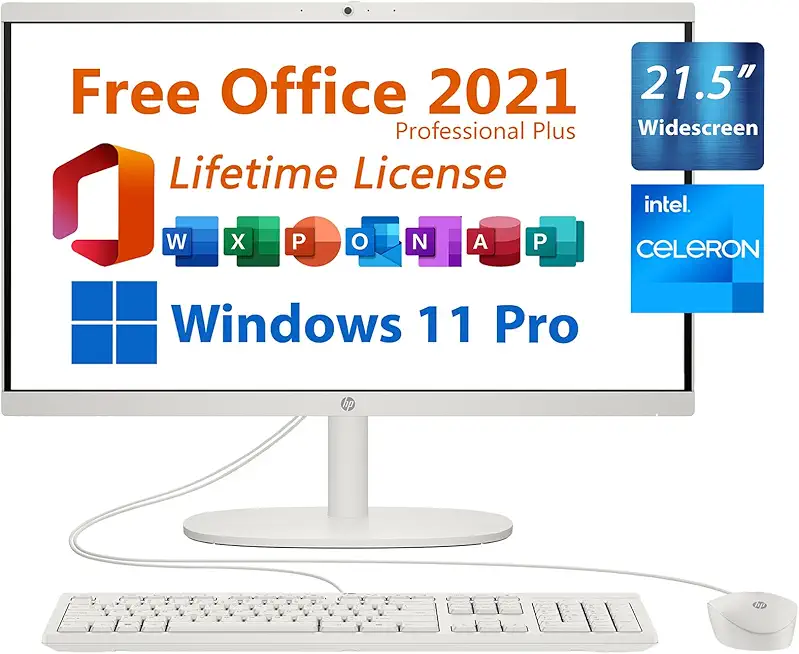
email marketing platforms sales growth
Email marketing remains one of the most effective channels for driving sales and customer engagement, but picking the right platform can be challenging. ConvertKit, recently rebranded as Kit, is a popular choice among creators but has limitations that prompt many businesses to consider alternatives.
Common issues with ConvertKit include pricing that quickly escalates with audience growth, limited email design flexibility, and reporting features that don’t provide the depth many marketers need. These challenges can hinder scaling efforts and obscure campaign performance insights, especially for businesses requiring more sophisticated automation and analytics (G2, Capterra, 2025). For sales-driven organizations, the right email marketing plugin isn’t just about sending emails—it’s about customization, automation, deliverability, and actionable data.
To help you make an informed decision, we analyzed 16 top ConvertKit alternatives that excel in these areas. These tools offer enhanced customization, robust automation workflows, and clearer analytics to better support sales growth.
Which one fits your needs depends on your business size, automation complexity, budget, and marketing goals.
Campaign Monitor email customization
Campaign Monitor stands out as the leading ConvertKit alternative for businesses seeking highly customizable emails and powerful automation without overwhelming complexity. It features a drag-and-drop email builder that allows marketers to design polished, brand-consistent emails with full control over layout and content.
Prebuilt automated journeys—such as welcome series, abandoned cart emails, and anniversary campaigns—help save time while increasing engagement and conversions. The platform also uses machine learning to optimize send times on an individual subscriber basis, improving open rates and click-throughs (Campaign Monitor, 2025). What sets Campaign Monitor apart is its deep analytics and reporting capabilities.
Users gain access to comprehensive performance dashboards with revenue tracking and actionable insights, enabling data-driven decisions. Deliverability is industry-leading thanks to tools like inbox previews and spam testing, ensuring emails land where they should.
It offers different pricing tiers starting at $12/month with a free plan covering up to 500 contacts, making it accessible for small to large businesses. Campaign Monitor’s support includes email on all plans and phone support on premium tiers, which reviewers praise for responsiveness (Campaign Monitor, 2025).
① Drag-and-drop builder for total design freedom
② Prebuilt journeys for quick automation setup
③ Advanced analytics with revenue attribution
If your sales strategy demands professional-quality emails and sophisticated automation, Campaign Monitor delivers a balance of power and ease that scales well.
Mailchimp marketing platform for SMBs
Mailchimp has evolved far beyond an email service provider into a fully integrated marketing platform ideal for small and mid-sized businesses. Unlike ConvertKit’s creator-focused approach, Mailchimp offers tools spanning website and landing page builders, social media advertising, postcards, and multichannel marketing campaigns—all within one platform.
This breadth allows marketers to manage their entire customer journey from a single dashboard, streamlining workflow and reducing tool fragmentation (Mailchimp, 2025). One notable advantage is Mailchimp’s AI-powered capabilities, including content generation for email copy and subject lines, which can significantly speed up campaign creation. Its customer journey builder supports complex automations with up to 200 touchpoints, far surpassing ConvertKit’s simpler workflows.
This makes Mailchimp suitable for businesses that require intricate segmentation and messaging sequences. Pricing starts at $13/month with a free tier offering basic email sends and templates, giving smaller businesses a low-cost entry point (Mailchimp, 2025).
① AI-powered content and design assistance
② Comprehensive customer journey automation
③ Integrated website and social media marketing
If you want an all-in-one platform that supports diverse marketing activities alongside email, Mailchimp’s versatility is a compelling option.

ActiveCampaign sales automation CRM
For businesses where sales automation and customer relationship management (CRM) are central, ActiveCampaign offers a competitive edge. It integrates deeply with CRM workflows, allowing sales teams to automate follow-ups, segment audiences dynamically, and trigger personalized campaigns based on behavior and status in the sales funnel.
This tight integration supports closing deals faster and nurturing leads more effectively (ActiveCampaign, 2025). ActiveCampaign’s automation capabilities are sophisticated yet accessible, enabling users to build complex sales workflows without heavy technical know-how. Pricing begins at $15/month, making it affordable for growing businesses.
Its scalability and focus on sales enablement distinguish it from ConvertKit’s creator-centric functionality. With over 13,000 reviews averaging 4.5/5, it’s trusted by many businesses that rely on automation to increase revenue (ActiveCampaign, 2025).
① Deep CRM-sales workflow integration
② Advanced behavioral segmentation
③ Scalable automation for growing sales teams
If your priority is accelerating sales cycles with automation tied closely to CRM data, ActiveCampaign is a strong candidate.

Budget email marketing platforms
Not every business requires or can afford premium pricing, which is where budget-conscious platforms like Brevo and Moosend come in. Brevo offers a generous free plan with unlimited contacts, making it an excellent choice for marketers who want to grow without immediate cost barriers.
Its feature set includes essential automation, segmentation, and email design tools, providing strong value for price-sensitive users (Brevo, 2025). Moosend also balances affordability with powerful features, starting at $9/month. It supports automation workflows and detailed analytics typically found in higher-priced tools.
Both platforms maintain solid reputations for deliverability and ease of use, making them viable options for startups and small businesses focused on maximizing ROI without sacrificing functionality (Moosend, 2025).
① Free or low-cost plans with unlimited contacts or generous limits
② Essential automation and segmentation features
③ Good deliverability and user-friendly interfaces
These options help marketers optimize sales growth on a budget without compromising core email marketing needs.

email marketing plugin comparison business
Selecting the right email marketing plugin depends on your unique requirements.
Consider these questions: What level of email design customization do you need?
How complex are your automation workflows?
Do you require integrated CRM and sales tools?
What is your budget and expected subscriber growth?
For professional businesses wanting polished emails and powerful automation, Campaign Monitor offers an excellent balance of features and usability. Small to mid-sized companies seeking an all-in-one marketing platform will benefit from Mailchimp’s broad capabilities.
Sales-focused organizations needing CRM integration should explore ActiveCampaign. Budget-conscious marketers can find robust tools in Brevo and Moosend. Each platform excels in different areas, so matching features to your sales and marketing goals will ensure you maximize ROI and scale efficiently.
What specific sales challenges are you facing with your current email marketing tool?
Are you looking for better automation, improved deliverability, or more insightful analytics?
Answering these questions will guide you toward the best email marketing platform to fuel your sales growth in 2025 and beyond. Source references: Campaign Monitor (2025)
Mailchimp (2025)
ActiveCampaign (2025)
Brevo (2025)
Moosend (2025)
G2, Capterra, Trustpilot user reviews (2025)










